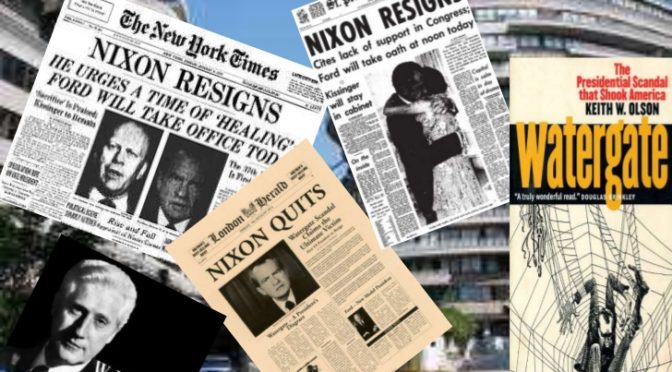I saw “The Post.” This won’t be a review of the film, except that I simply want to say it was gripping to the maximum degree.
It reminds me of how it used to be in daily print journalism.
I had some trepidation about seeing it. Some of my fellow travelers in the journalism craft had expressed dismay at seeing the film and lamenting what has become of a proud profession. I had a glint of fear that I might share their gloom. I mean, look at what has happened to newspapers all across the nation. They’re shrinking and withering before our eyes as publishers grapple against forces that are overwhelming them: the Internet, the plethora of “news” sources, cable television.
That fear never hit me. Instead, I reveled in the story it told and rejoiced in the victory that The Washington Post scored in the effort to censor it, preventing the government from invoking a prior restraint on a free and unfettered press.
“The Post” tells the story of the paper’s effort to publish the Pentagon Papers, a report written during the Vietnam War. The Papers told of the deception perpetrated on the public by several presidential administrations: Truman, Eisenhower, Kennedy, Johnson and Nixon. Officials all told of supposed “progress” in the fight against the communists in Vietnam. They lied to the nation. The Pentagon Papers revealed the lie.
The New York Times obtained the papers from Daniel Ellsberg. It got the story out first, then the Nixon administration persuaded a judge to prohibit further publication of the Papers, citing national security concerns.
Post editor Ben Bradlee didn’t see it that way. He eventually guaranteed publisher Katherine Graham that no American fighting man would be harmed if the Post published the rest of the damning document.
The matter ended up in front of the U.S. Supreme Court, which then ruled 6-3 against the Nixon administration — and in favor of the First Amendment guarantee of a free press.
The film tells that story in gripping fashion.
In a larger sense, though, the film reminds us of the value of press freedom and the good that the freedom brings to a public that needs to know the truth about the government that works for us.
It also reminds us of journalism’s value to a nation that promotes liberty. Indeed, given the current climate and the fomenting of hatred against the press that’s coming from the current presidential administration, “The Post” comes across as profoundly topical and relevant.
I cheered during the film when Graham gave the go-ahead to publish the Pentagon Papers in The Washington Post. The sight of presses turning over brought a lump to my throat.
I worked proudly in that craft for nearly 37 years. I never had the opportunity to cover a story of the magnitude of the Pentagon Papers. I did, though, have my share of thrills about getting a story into print and feeling the impact of that story on the community our newspaper served. I would derive the same satisfaction as I gravitated to opinion journalism and wrote editorials or signed columns that challenged the sources of power in our community.
“The Post,” therefore, didn’t sadden me.
It made me proud to have taken the career path I chose.

